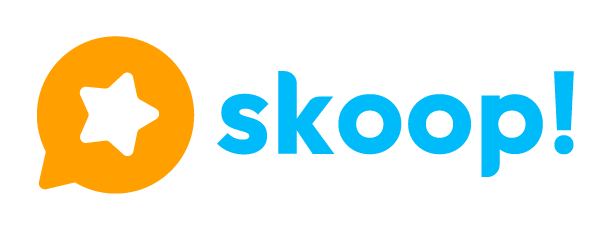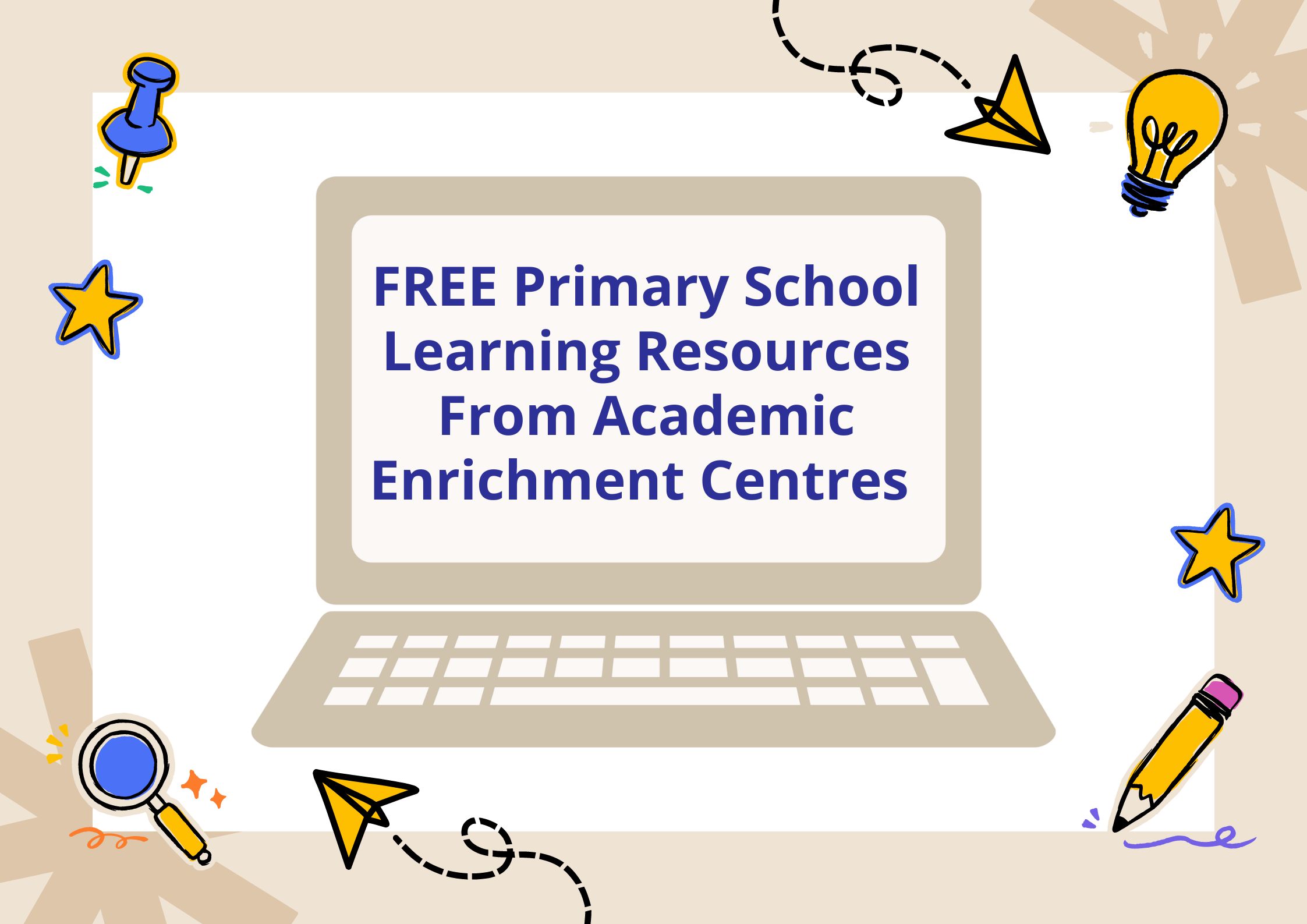The real reasons why parents are turning to tuition for their kids
- August 1, 2024
- 675
- Skoop Nuggets
- 0 comment
School doesn’t always have the capacity and resources to support individual learning needs
The one-size-fits-all approach in schools doesn’t always accommodate different learning styles or paces. Some students might need more time to grasp concepts, while others might need additional practice or different way of explanations to fully understand the material. Schools, however, are often constrained by class sizes, schedules, and curriculum requirements, making it difficult to provide this level of tailored support.
Moreover, schools strive to provide a well-rounded education that extends beyond academics. Achieving this balance often means there is limited time to offer personalized attention to each student’s specific academic needs.
As a result, many parents turn to external help to bridge these gaps as they offer the flexibility and specialized attention that schools might not always be able to provide.
School doesn’t give us the competitive edge we need in a high-pressure academic environment.
In Singapore, the education system is known for its rigorous standards and high expectations, with significant emphasis placed on exams like the Primary School Leaving Examination (PSLE), O-Levels, and A-Levels. These exams are pivotal, often shaping a child’s academic path and future opportunities.
However, many parents and students feel that the school curriculum only builds the foundation and might not be enough to do well in exams or outperform their peers. This perception drives many parents to seek additional educational resources, such as private tuition, enrichment classes, or specialized learning platforms, to give their children that crucial edge.
For instance, students may only have the opportunity to write compositions once per term, as teachers manage a significant workload, including marking around 30 compositions each time. This limited practice may pose challenges for students when it comes to writing effectively during exams. As discussed in a previous article, developing creative writing skills demands consistent practice and feedback. Education centres focus intensively on writing techniques and provide weekly practice and offer model compositions. It is difficult for schools to provide this level of focus and deep learning, which has led to an increase in parents enrolling their children in these classes outside of school.
School doesn’t offer the extensive content and notes that tuition provides
Tuition centre resources often focus on advanced content, exam techniques, and tailored coaching that go beyond what is taught in schools. They conduct research and develop their own curriculum to teach students effectively. They provide content-rich notes that go beyond the standard syllabus, offering valuable insights that can deepen understanding and broaden students’ knowledge. They aim to fill gaps, offer strategies to handle the intense academic demands more effectively covering more advanced topics or materials that schools may not provide.
School doesn’t teach us the way exams test us
There’s often a gap between classroom teaching and the skills needed to excel in exams. While schools concentrate on covering the syllabus and building foundational knowledge, exams frequently assess problem-solving, critical thinking, and time management skills that may not be thoroughly emphasized in regular lessons. As a result, many students turn to extra resources like tuition to better prepare for these exam challenges.
School doesn’t always offer feedback as frequently or as detailed as tuition does
With limited time and a broad curriculum to cover in larger classes, teachers often have to balance sticking to the set syllabus while managing diverse student needs. This can make it challenging to provide personalized feedback, leaving students with specific difficulties or advanced needs without the in-depth attention that they require.
A student might submit an assignment or take a test, but the feedback from the teacher might be brief or generalized to address the entire class. This can result in students not fully understanding their mistakes or missing out on specific areas for improvement.
In contrast, some tuition offers one-on-one attention from the tutor, who can thoroughly review the student’s work, identify specific problem areas, and provide targeted advice on how to improve. Tutors often have the flexibility to delve deeper into each student’s unique challenges, offering customized strategies and detailed explanations that are tailored to the student’s needs.
This more frequent and detailed feedback in tuition settings helps students better understand their errors, refine their skills, and build confidence. Consequently, many Singaporean parents invest in tuition to supplement their child’s education and ensure they receive the in-depth feedback necessary to excel academically.
In a survey conducted among 150 parents, 65% send their kids to at least one tuition. In essence, the growing reliance on tuition reflects a widespread recognition among parents that additional academic support is often necessary to meet the rigorous demands of Singapore’s education system.
While schools lay the foundation, enrichment classes specialized support that caters to individual learning needs, fills content gaps, and offers detailed feedback. Nonetheless, cultivating consistent study habits and maintaining a supportive home environment are still essential for a child’s academic growth and are fundamental to achieving a well-rounded, successful educational experience.








Add Comment